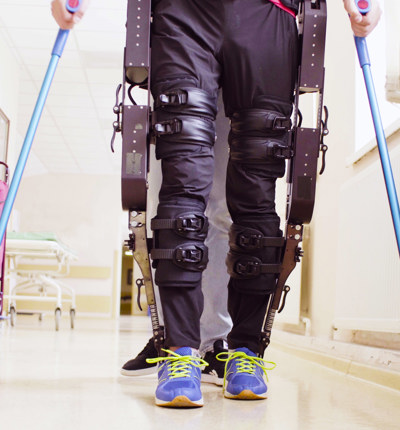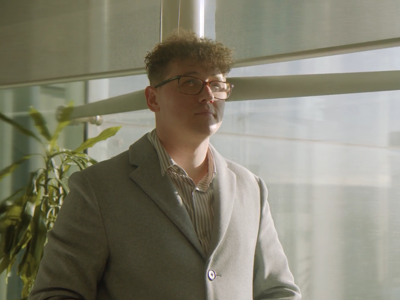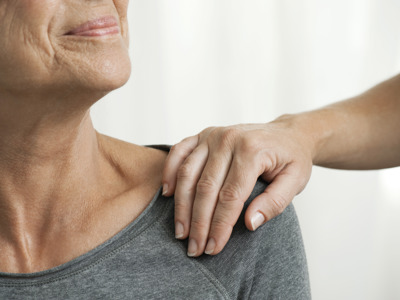
Reducing re-traumatisation in serious injury legal claims
Ahead of speaking at the Expert Witness Institute’s annual Scottish Medicolegal Conference, catastrophic injury partner at Leigh Day, Bethany Sanders, discusses the re-traumatisation of claimants that can occur during legal cases and explores how to help protect vulnerable clients and improve outcomes.
Posted on 18 September 2025
When someone comes to us after experiencing serious injury, they are often already carrying the emotional weight of trauma. The legal process should be a path for them to get justice – not a source of further harm. Yet, for many claimants the legal system can feel like an ordeal when they have to recount what they have been through over and over again.
A recent report, How to Reduce the Re-traumatisation of Claimants in Medico-Legal Litigation Claims, has brought this issue into sharper focus. Leigh Day’s Sally Moore contributed to this report and helped highlight how repeated questioning, poorly framed assessments, and a lack of trauma-informed practice can cause psychological harm to those already vulnerable.
Why can the legal process retraumatise people with serious injuries?
For those who have experienced major trauma, the emotional impact can last long after the physical injuries begin to heal. Recalling the event, especially in detail, can trigger distressing memories and symptoms of PTSD, anxiety or depression.
The legal process often requires individuals to revisit these experiences multiple times. Claimants often undergo multiple assessments by medical experts, some of whom may not be trained in trauma-sensitive interviewing.
In our work with clients who have suffered catastrophic injuries, we have seen how re-traumatisation can delay recovery, undermine trust in the legal process, and in some cases prevent justice from being delivered.
It is not just a clinical issue, it is a legal one. Litigation should not add insult to injury, and if a claimant is too distressed to engage fully, their ability to give evidence or participate meaningfully in their case is compromised.
What can lawyers do to reduce harm?
The recent report How to Reduce the Re-traumatisation of Claimants in Medico-Legal Litigation Claims sets out clear ways to better support clients. It calls on lawyers and medical experts to adopt trauma-informed practices and reduce unnecessary distress during litigation, including by:
- Ensuring that medico-legal experts are briefed to avoid unnecessary probing and to approach assessments with sensitivity.
- Working closely with clients before assessments to explain what to expect and offer emotional support throughout.
- Where possible, challenging the need for multiple assessments or intrusive questioning, especially when the medical evidence is already clear.
- Liaising with treating psychologists and psychiatrists to understand the client’s mental health needs.
These are not just best practices – they are essential safeguards that allow those who have experienced trauma to participate in the legal process and obtain justice.
Why is collaboration the key to reducing harm?
Reducing re-traumatisation isn’t just the responsibility of lawyers – it requires collaboration across the legal, medical and charitable sectors.
Legal professionals must work alongside support services to ensure that the litigation process doesn’t compound the harm people have already experienced. That means listening to clients and adapting how cases are approached.
Final thoughts
Litigation should not feel like punishment. By recognising the risks of re-traumatisation and acting with care, the legal journey can be made more comfortable and much less intimidating for those who have experienced trauma.




